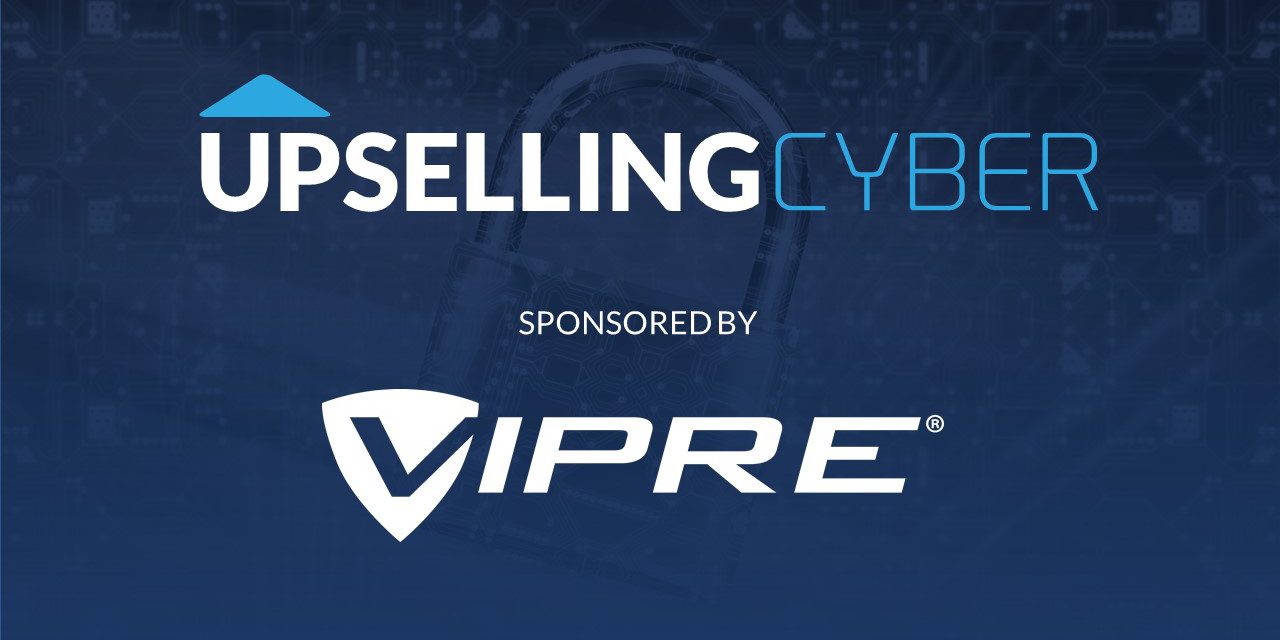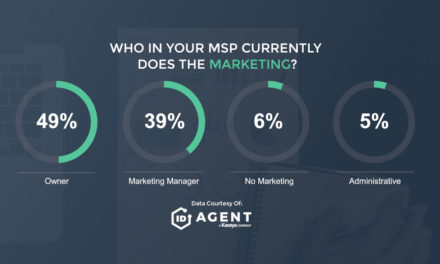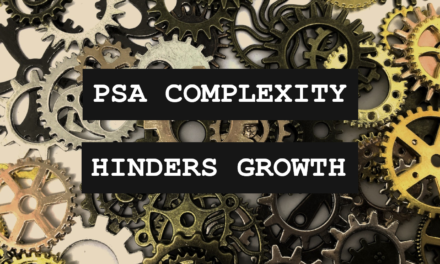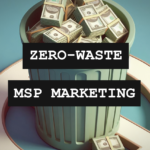While adding new services to your security stack may seem like a turnkey growth opportunity, many MSPs find it difficult to reach profitability on new vendor relations within the first year. While you may be excited about the newest tools in your toolbox, Business Owners and decision makers do not often share this same enthusiasm. This is why up-selling in the middle of a contract term can be quite difficult, unless it is a dire technical need or you have the immediate context necessary to sell.
One the best opportunities to upsell more security services and reach profitability is at the point of client contract renewal. This helps to add additional value around your services so that you are free to increase prices without client push back. We always talk about avoiding “apples-to-apples” comparisons when it comes to the way you quote services. In this case, it is even possible to do the same with your own service bundles when comparing an old contract with a new one.
Why MSPs Fail To Raise Prices
Annual price increases are difficult to pull off for most IT Providers. Looking your client in the eye and telling them that they need to pay more for the exact same services is nearly impossible, unless you have a trove of data that tells a compelling story as to why. This is the trap that keeps MSPs from growth, as they outgrow their contracts at a fast pace and the new deals that they acquire merely offset the profitability lost on the older ones.
Annual price increases or renegotiation of old contracts is the answer. This is much like a snake shedding its skin every so often so that it can grow. In the same capacity, growing your company will require constant focus on the health of your existing customer base and ensuring that your oldest contract and newest contract are never too far apart. This was one of the single most important things that we did at our MSP in the last year before exit to increase the health of the business and open up as many options as possible.

The Power of MSPs In Cybersecurity: How to monetize security services, and recognize cross-sell and up-sell opportunities. Watch this on-demand webinar featuring Author, Kevin Clune
Establishing Minimum Security Standards
The best way that we found to paint the picture of why a contract negotiation was necessary was by documenting our best practices (including minimum standards) and then comparing each customer to this level of service. This not only gives your client a clear indicator of where they stand against the latest technology developments but it also gives them a road map for improvement.
Data and industry reports can be incredibly helpful to reinforce this messaging and help your customer understand why these standards are evolving each year. For example, the rate of phishing attacks has been increasing dramatically year-over-year. A contract that was put into place three years ago may not have included security awareness training, but given the current state of the industry, this is now considered to be a required service. Use your documentation to educate your customers on why these services are of growing importance, even though they may not have needed them when the relationship first began.
Reconstructing Contracts With New Add-Ons
There are few different ways to present the security add-ons that you wish to upsell, all of which are largely dependent on the current build of contracts and how it may make sense to reconstruct them moving forward. The simplest way is to roll all of the new services directly into your primary managed services bundle that you charge per endpoint. This is the most common way to do it and also allows for more flexibility with new prices. This is because you can bundle less profitable services with highly profitable ones to reach your desired margin. The biggest drawback of this approach is that it does little to build value around each individual service within the bundle.
Another way to offer these services is as a stand-alone security bundle (which you may consider making mandatory). By documenting your minimum security standards you now have the option of building new bundles around these standards and presenting them as an “annual subscription.” For example, your 2020 Minimum Security Standard could include endpoint protection, spam and email filtering, dark web monitoring, and security awareness training. As these technologies evolve, so should your bundles and adding/removing services each year will help you reinforce your proactive approach to keeping clients secure.

The Power of MSPs In Cybersecurity: How to monetize security services, and recognize cross-sell and up-sell opportunities. Watch this on-demand webinar featuring Author, Kevin Clune
Negotiating The Best Deal Possible
When it comes time to negotiate the deal, it is important to come prepared. Always have a plan for how you’re going to introduce these new services to your customer, explain the benefits of using them, and why they are now critical for today’s threat landscape. It is also important to know what your costs are and how much room you have to negotiate. For example, some vendors may have minimum fees that you need to clear in order to reach the point of profitability. In this case, selling these services for anything you can get is likely better than not selling them at all, because there is a hard cost to you no matter what.
If you are already to the point of profitability with your vendors, then you may want to take a more forward thinking approach to the way you bundle and price these services. It is important to build up as much value as you can around the more critical services without the risk of losing the deal entirely due to price. Also consider that your client may be getting quotes from other MSPs that offer a similar stack. Be prepared to explain why purchasing these services from you is the preferred choice, even if it is not the most cost effective for their business.
Watch as Author Kevin Clune and VIPRE’s Jason Norton go “beyond the blog” to discuss the downside of long contracts, pitching your best practices, and more!

SPONSORED BY ZEST
















